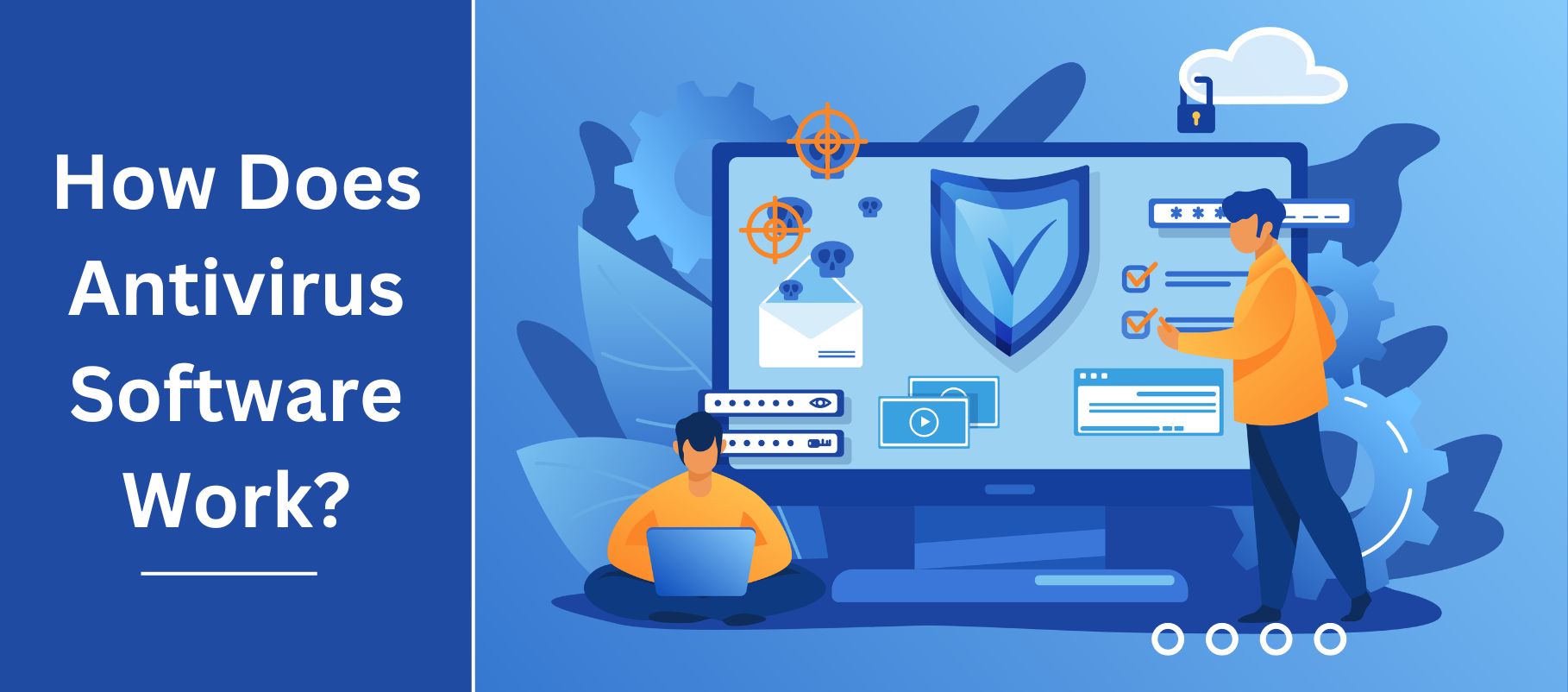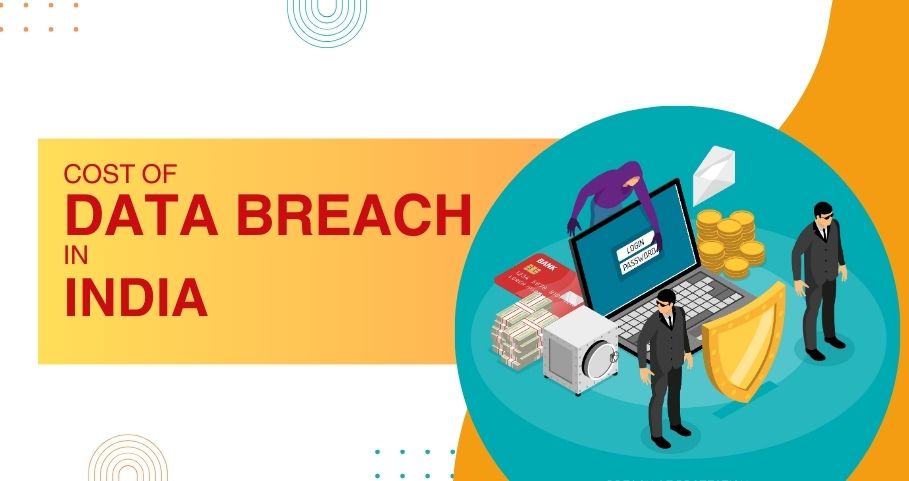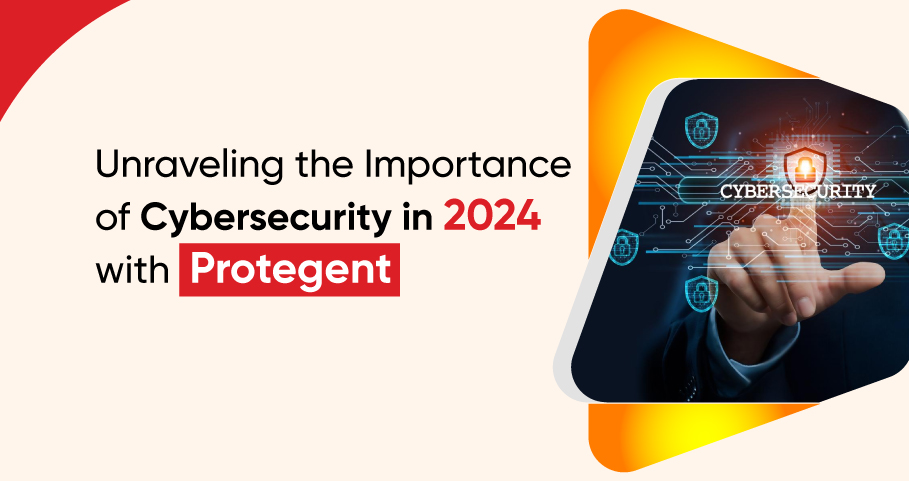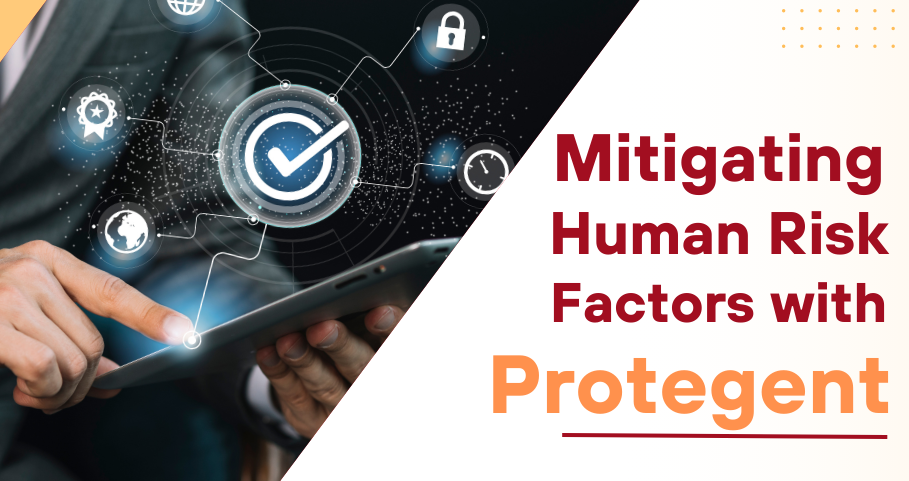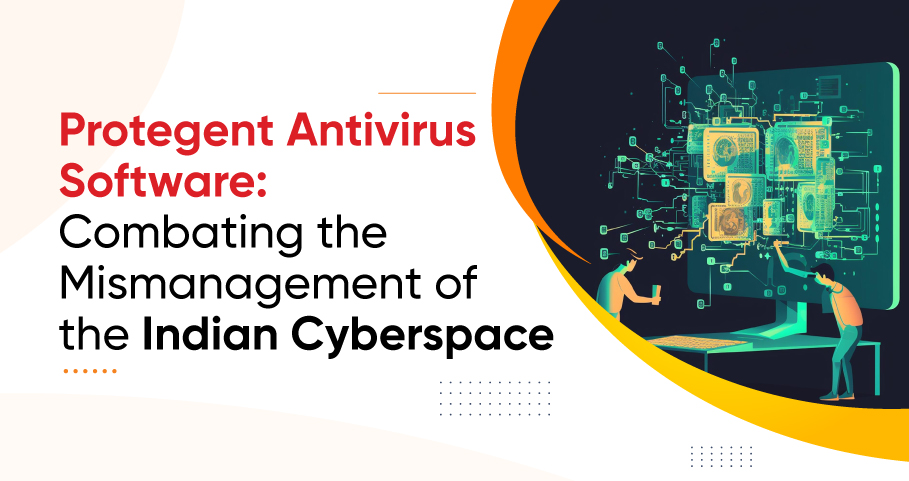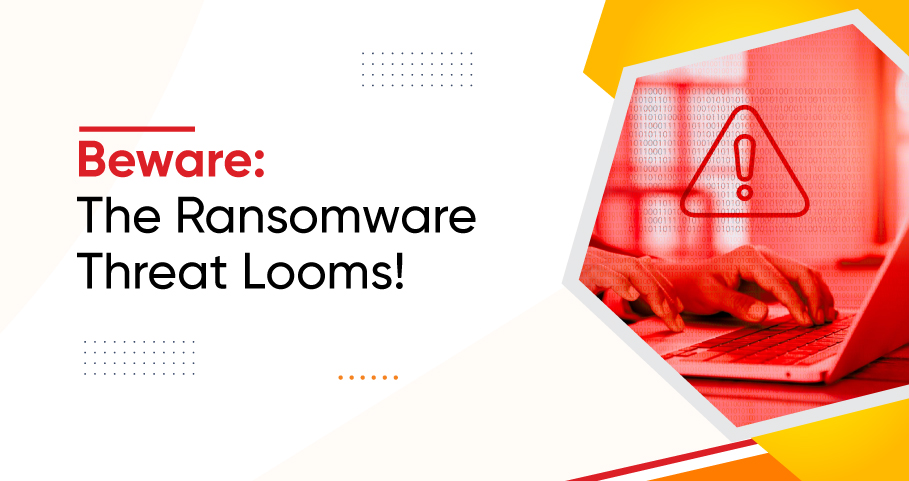How to find a lost laptop?
Are you a professional, student, housewife, business owner, or farmer? Laptops have become an incredible part of almost everyone's life. There are endless activities to do and unlimited mediums to explore. They are very dear to the one who is using them, kind of personal, I would say. But have you thought about how it feels when something valuable, usable, and personal gets stolen or lost? What emotions, such as fear, roam around? Shivering, I guess! Have you ever experienced anything as such? I haven't tried to be cautious while travelling. 74% of laptop thefts happen when travelling or in public areas. Today, laptops have become an inseparable part of one's life. They are essential tools for both professional and personal use. With ample storage capacity, laptops store information and data, making them crucial assets for organizations and individuals. Still, the device has sometimes
Read More



